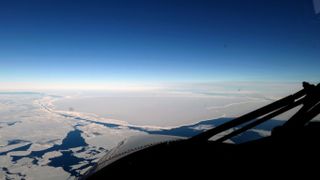Antarctica news, features and articles
Latest about Antarctica
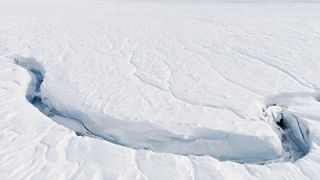
'Ghost' of ancient river-carved landscape discovered beneath Antarctica
By Sascha Pare published
Satellite data have revealed an ancient landscape that may have escaped erosion and been preserved beneath the East Antarctic ice sheet since the continent froze over 34 million years ago.
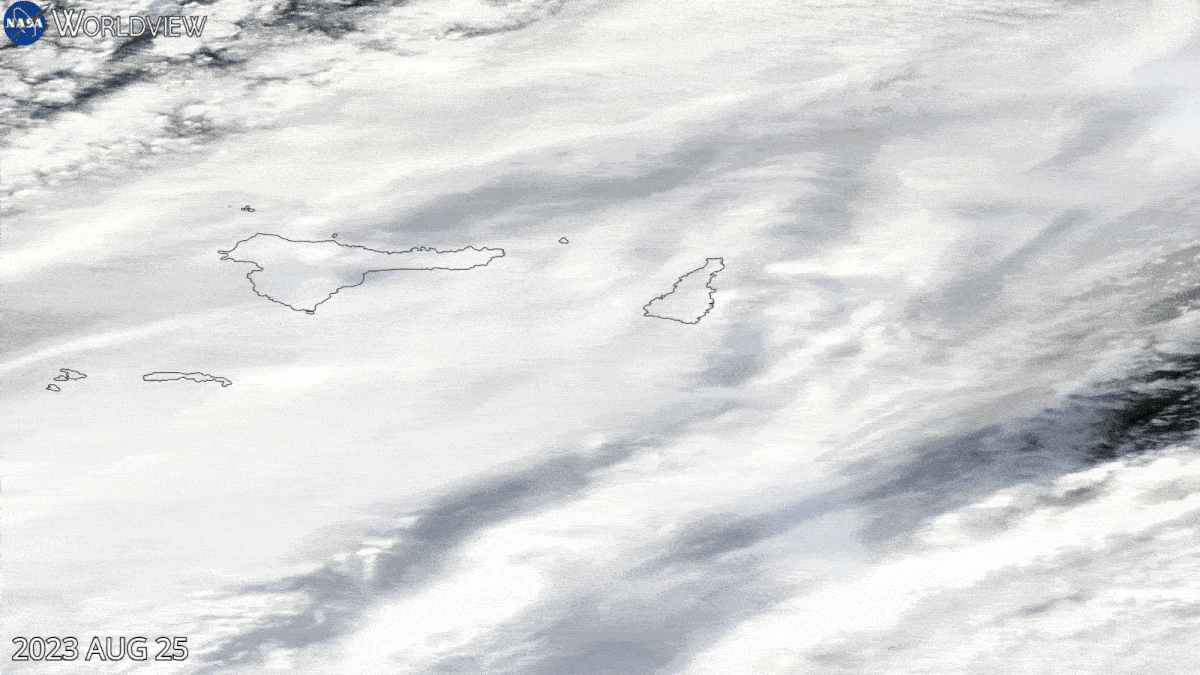
45-mile-long iceberg slams into penguin refuge in Antarctica, almost causing ecological disaster
By Harry Baker published
Hefty iceberg D-30A has collided with Clarence Island — an important refuge for breeding penguins in Antarctica. But luckily, the penguins weren't at home when the berg struck.

Russian scientists have grown watermelons in the coldest place on Earth
By Jennifer Nalewicki published
Scientists in Antarctica did the unimaginable: They grew a bounty of watermelons while living on the ice-cold continent.
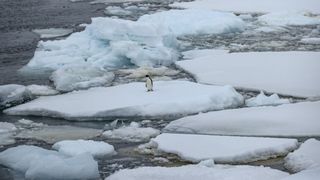
Antarctic sea ice reached 'record-smashing low' last month
By Sascha Pare published
The extent of sea ice in Antarctica has shrunk compared with the long-term average for this time of year between 1981 and 2010 by an area four times the size of Texas.
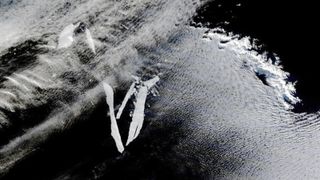
World's largest iceberg is no more after being ripped apart in 'iceberg graveyard'
By Harry Baker published
Satellite images show fragments from the enormous iceberg A-76A dispersing near South Georgia island, where the previous world's largest iceberg also met its doom in 2020.
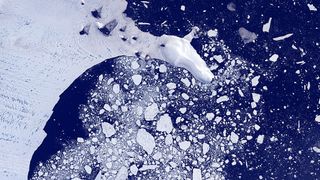
Antarctic currents supplying 40% of world's deep ocean with nutrients and oxygen slowing dramatically
By Sascha Pare published
These deep ocean tides supply almost half of the world's oceans with vital nutrients and oxygen, but melting ice shelves are slowing them down.
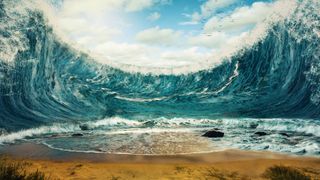
Climate change could trigger gigantic deadly tsunamis from Antarctica, new study warns
By Ben Turner published
Slippages in sediment beneath the Antarctic seabed could spawn gigantic tsunamis as oceans warm.
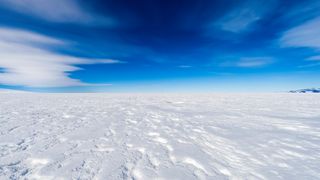
Where is the coldest place on Earth?
By JoAnna Wendel published
There are some bone-chilling places on Earth, but what is the lowest temperature ever recorded and where was it?
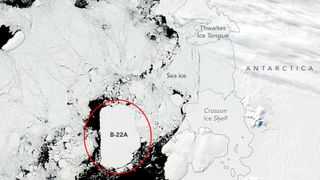
Colossal iceberg trapped near Antarctica's 'Doomsday Glacier' for 20 years is finally on the move
By Harry Baker published
Iceberg B-22A, which first broke off from Antarctica's Thwaites Glacier in 2002, is finally moving away from the South Pole after being freed from its seafloor tether.
Get the world’s most fascinating discoveries delivered straight to your inbox.


